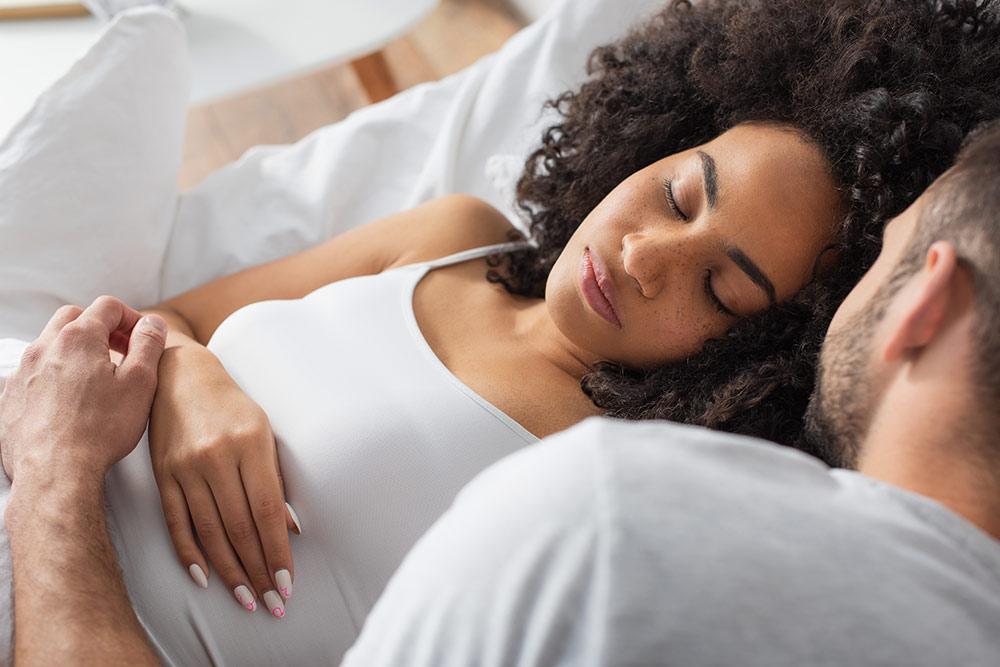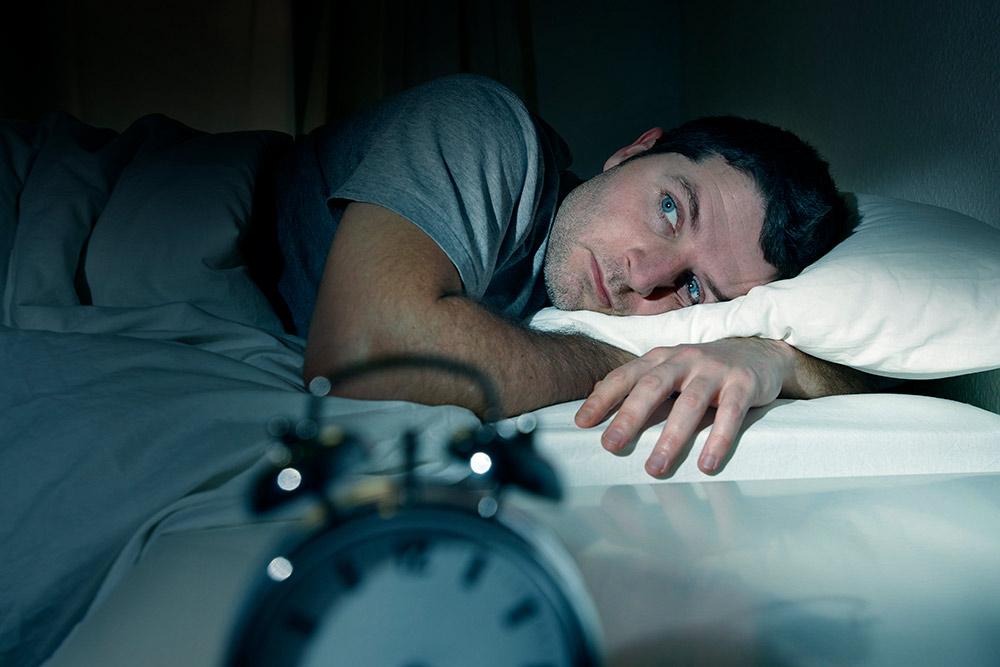It's one of the most common complaints that people have: "I can't get enough sleep." Is it possible to actually get too much sleep? And if so, what are the symptoms of getting too much sleep?
Is oversleeping bad for you? Is sleeping eight hours a night still considered oversleeping? What happens to your body when you overdo it on the snooze button?
With all these questions, there is no doubt that many people want answers. In this isense blog post, we will explore everything about oversleeping. We'll answer questions like "what does oversleeping do to my circadian rhythm?" and "how can I tell if I'm getting too much sleep?"
You'll also find out how certain medications could be the cause for you feeling tired throughout the day and how to combat it!
Is it possible to get too much sleep?
There is a point where sleeping too much can be dangerous. Is it possible to get too much sleep? Yes, there are some instances when the brain and body need their rest but oversleeping does not allow them that opportunity since we function on an internal clock called our circadian rhythm. If you're getting more than eight hours of sleep per night you could be doing more harm than good.
What should you do if you find yourself sleeping more than eight hours a night?
If you find that you're sleeping more than eight hours a night there are a few things you can check on to make sure you're doing your part to get good rest.
- Are you getting enough exercise during the day? Exercise plays an important role in bodily functions and overall health. Often people who oversleep don't tend to be very active at all. This lack of activity can actually keep you in a tired state longer and more frequently. Aim to try and get at least 20 minutes of exercise a day so that the body knows " Hey, I'm awake right now!"
- Check in with your doctor! If you notice that you are needing additional sleep past eight hours a night, you may find it useful to check in with your doctor to make sure that nothing is going on physically that could be causing the extra fatigue. You could potentially be low and deficient in vital vitamins and minerals that the body needs to function properly.
- Have you been checked out for sleep apnea? Sleep apnea can cause you to feel tired all day long and even require you to take frequent naps throughout the day which can be an issue for your circadian rhythm. If you aren't breathing properly while asleep this can cause a whole host of issues including but not limited to weight gain, hypertension, and headaches. If you think you may be dealing with sleep apnea you should get seen right away by your doctor so you can have a sleep study done. If you do come back as having sleep apnea a simple CPAP could be the answer to your overly tiredness and help you get your sleep schedule back on track!
Are there medical conditions that can cause people to sleep too much?
There are some medical conditions that can cause people to oversleep. One example would be an individual who has narcolepsy, which is a chronic sleep disorder where the person will experience periods of uncontrollable and sudden deep sleep at any time during the day.
There is also sleep apnea which can cause you to feel extra tired all day long because the body simply doesn't get the proper rest that it needs while you are asleep at night.
Diseases like cancer and AIDS can often lead to someone needing additional sleep beyond the eight hours necessary.
The most common medical condition that will require someone to sleep longer is the need for treatment of a chronic pain issue.
Depression is another medical condition that can cause someone to oversleep. While some people who are depressed sleep well, more often than not they tend to oversleep.
If you feel like there are other reasons why you're oversleeping, it's important to speak with your doctor as soon as possible and find out if something more serious might be going on.
Can certain medications make you oversleep?
Yes, there are medications that can make you sleep more than usual.
Some of these drugs include:
- sleeping aids, such as antihistamines or sedatives
- pain medication which can cause drowsiness as a side effect.
The best ways to combat fatigue throughout the day:
- Get an adequate amount of sleep - try to get between seven and nine hours a night
- Stay active during the day
- Avoid taking naps or sleeping in late on weekends.
What should you do if you sleep too much?
If you feel like there are other reasons why you're oversleeping, it's important to speak with your doctor who can help detect why you're oversleeping and help figure out a plan of action to combat the issue at hand.
If you are oversleeping consistently 12-14 plus hours a day, you need to speak with a professional doctor to help determine the cause. It is not normal to sleep so much. With the exception of needing to recover from illness or injury you should aim to get between 7-9 hours of sleep per night for optimal health. When in doubt, always make sure you're getting the basic needs in during the day. Are you eating healthy foods, are you getting enough exercise, and are you hydrated? Those are great places to start when you notice that you are over sleeping due to increased fatigue. We hope that this article on getting too much sleep has helped answer some questions, best of luck at getting on a great sleep schedule!






















